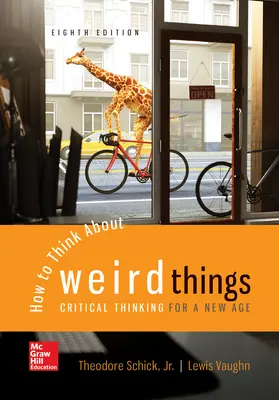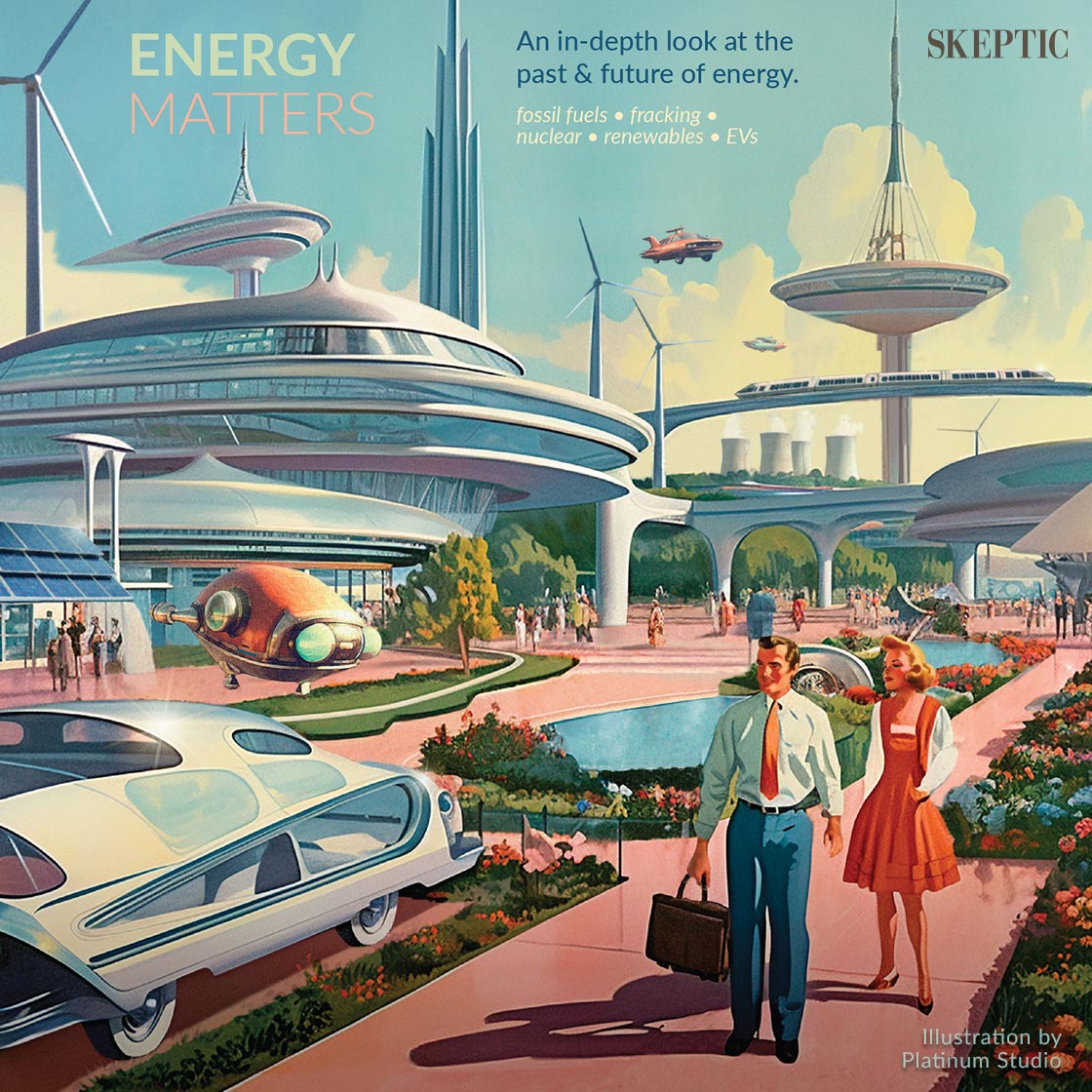


Welcome to the research guide for Critical Reasoning about Weird Things - First-Year Seminar!
Welcome to the research guide for Critical Reasoning about Weird Things
This guide will assist you in locating resources for your First-Year Seminar research project and coursework.
Take some time to explore the tutorials on the First-Year Seminar Library Guide to sharpen your skills in finding, retrieving, analyzing, evaluating, and using information for college research.
If you have any questions about research or library resources don't hesitate to contact your embedded librarian for this course, Sara Rue, using the contact information to the left, or stop by the reference desk at Ablah Library.
Core Resources for FYPL 102B: Critical Reasoning about Weird Things:
 How to Think about Weird Things
by
Theodore Schick; Lewis Vaughn
How to Think about Weird Things
by
Theodore Schick; Lewis Vaughn
Ablah Library Resources
Free online workshops for all your research needs!
Obtain articles and borrow books not owned by WSU Libraries.
Check our building open hours.
Tech equipment available for checkout, including laptops, tablets, camcorders, microphones, and much more!
Ablah Library has 20 study rooms. Due to Covid-19 most study rooms are single occupancy focus rooms, and some allow two people. Reserve online.
WSU Resources




